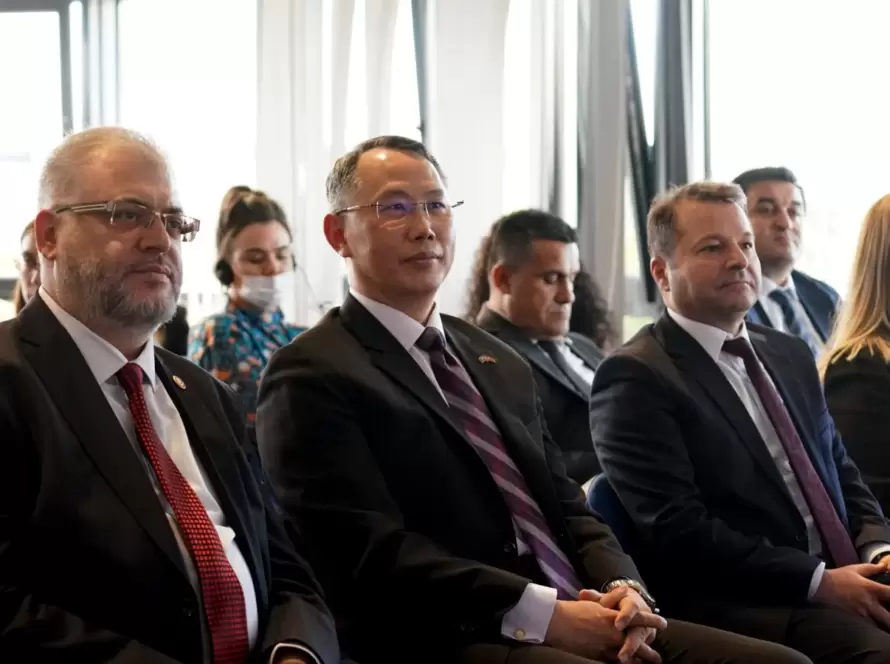Established by the Association for Solidarity with Asylum Seekers and Migrants (ASAM), which is the most wide-ranging non-governmental organization operating in the field of migration in Turkey, and broadcasted on YouTube, Migrant TV attracts great interest from asylum seekers living in Turkey. Since its establishment, more than 330 thousand people have accessed the content created in 7 languages.
One of the most important matters in Turkey, which hosts the largest asylum seeker population in the world, is ensuring that more than 4 million asylum seekers can access reliable and accurate information without language barriers. Noting that this has been what they set out to achieve through Migrant TV, ASAM’s Deputy General Coordinator Buket Bahar Dıvrak informed that the channel broadcasts in 7 different languages, namely Turkish, English, Arabic, Farsi, French, Somali and Ukrainian. Buket Bahar Dıvrak further explained that Migrant TV’s programs have so far mainly addressed the issues such as the registration process for asylum seekers in Turkey, rights and obligations, irregular migration, access to education and health services, work permits and access to the labour market, the Turkish legal system and access to legal aid mechanisms. Expressing that during the pandemic period, asylum seekers have been provided with information via the broadcasts on the issues that they were curious about, Dıvrak stated, “Migrant TV has played a significant role in conveying information to the asylum seekers living in our country with regard to numerous current developments concerning our daily life, particularly in the fields of health and education, without any language barriers in the course of the pandemic period.” Dıvrak further added, “In addition to the informative contents, Migrant TV also covers the stories of inspiring figures. Through Migrant TV, we also provide a glimpse into the lives of asylum seekers who have overcome difficulties they faced with a view to building a new future.”
Noting that they have taken steps to institutionalize Migrant TV and to further develop its infrastructure during its new broadcast period, Dıvrak mentioned about the plans regarding the channel’s new broadcast period and stated, “During the new broadcast period of the channel, we aim to reach a wider audience with the programs to be prepared in collaboration with local administrations, non-governmental organizations, universities and international organizations. Migrant TV will be expanding its scope of broadcasts to also include academic talks, current news in the field of civil society, climate awareness and culture-art and sports programs in its new broadcast period. Ongoing and new projects, inspiring stories and examples of good practices will also be featured on Migrant TV.”




